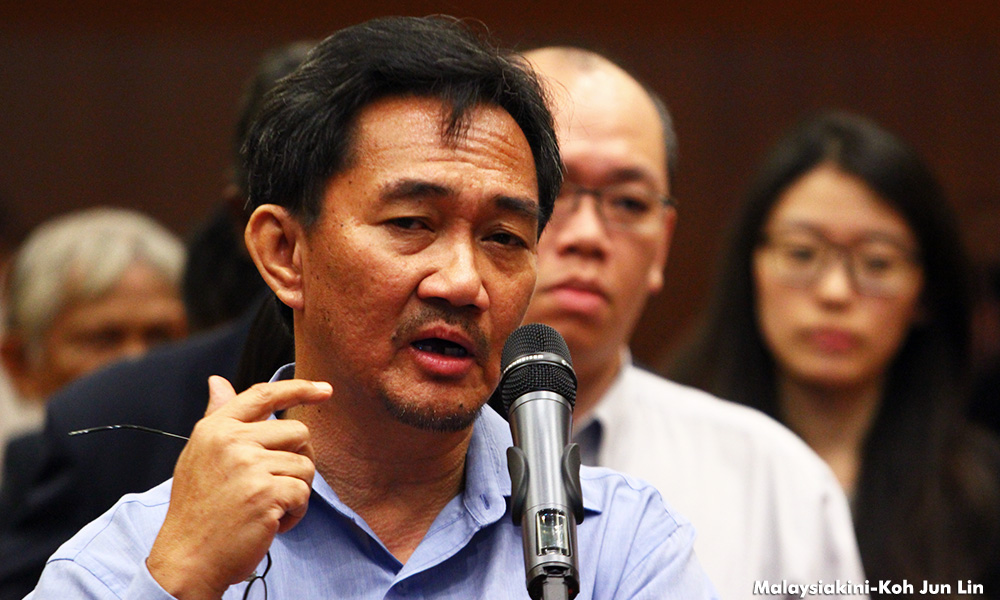
A researcher has reminded the Pakatan Harapan government not to leave social justice behind in its struggle to improve governance and the systems of law.
According to Azlan Awang, co-founder and researcher of economic think-tank Blindspot, good governance and sovereignty of laws are not the only answer to all the problems faced in the country.
"For instance, during the apartheid era in South Africa, good governance and rule of law were a practice of the administration of the white people, but there were no social justice and human rights," he said.
"The same things happened in Israel," Azlan (photo, above) added.
"So, rule of law and good governance are not the most important when compared with other aspects. We still need to bring lots of changes to achieve a fair economic distribution."
Azlan said his in his response to two out of five thrusts stipulated in the manifesto of Pakatan Harapan.
Harapan leaders were seen to be emphasising rule of law when the BN leaders were hauled to courts.
On Tuesday, Prime Minister Dr Mahathir Mohamad launched the National Anti-Corruption Plan (NACP), which aims to tackle corruption in the country within five years.
The nine-month-old government is seen as being unable to keep up with the handouts and welfare provided by the previous administration, due to financial constraints.
In particular, the policy of the Harapan administration was criticised for not aiming to empower the bottom 40 (B40) income group.
Meanwhile, Parti Sosialis Malaysia committee member Dr Michael Jayakumar Devaraj said the Harapan government suffered an ideological impairment, for it failed to understand the problems faced in the country.
Jayakumar pointed out that Harapan leaders failed to understand that the low wages were not caused by any lack of productivity of the labour force, but by the manipulation of the global economic system by multinational companies.
These companies 'break and rule' to keep the costs in the supply chain comparatively low, he explained. - Mkini
No comments:
Post a Comment
Note: Only a member of this blog may post a comment.